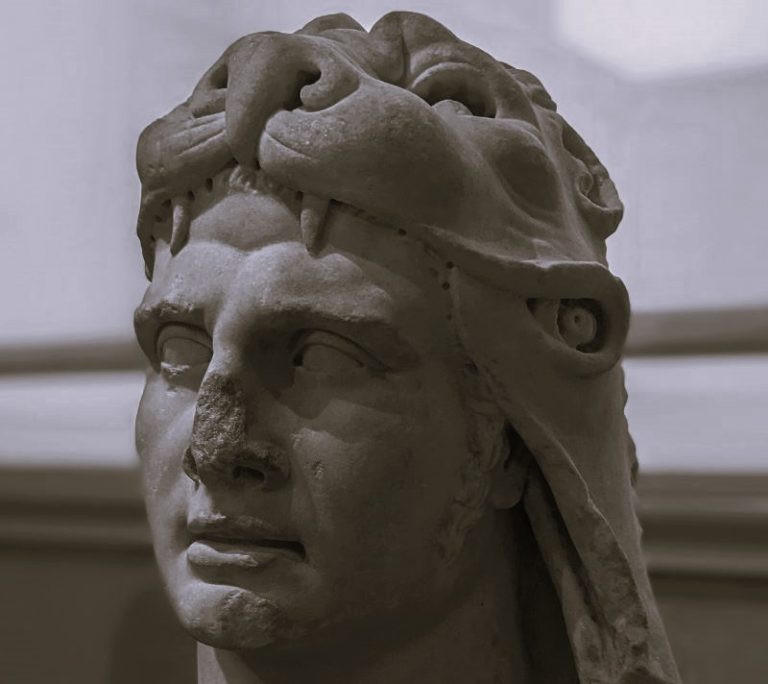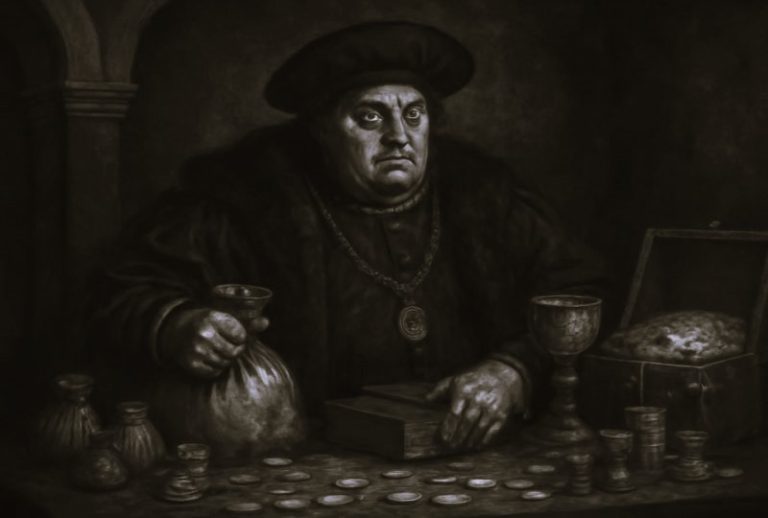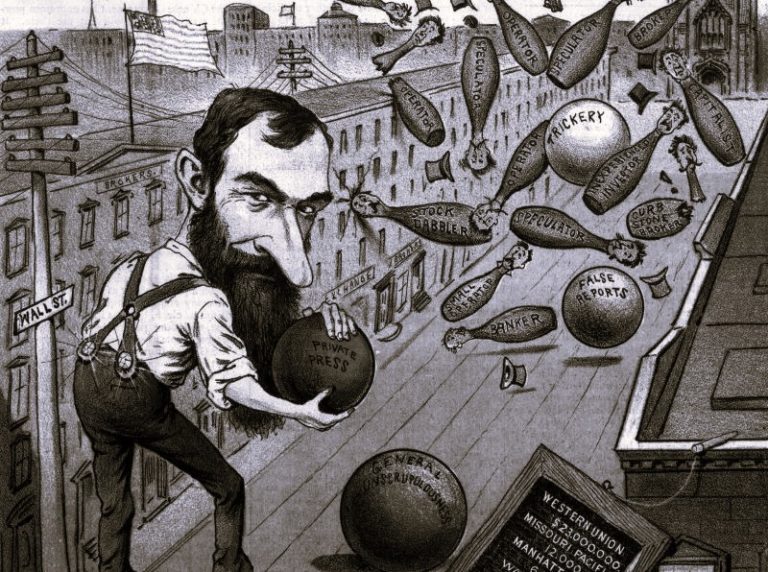
The history of gambling as a favourite pass-time runs back to the medieval ages. People from all social strata indulged in this intoxicating practice. Medieval gambling still sustains its allure amidst the crowd.
The History Of Gambling
While gambling was the downfall of many, it was a central part of medieval lives. The modern age has picked up an evolutionary pace due to the introduction of technology. You can now gamble in the lavish atmosphere with technologically advanced slot machines, casino rooms available both land-based and virtually, and advanced RNG settings in which the machine randomly decides your luck.
But, in a world without various modes of entertainment such as – Internet, TV, expensive books, readily available music; one needed to entertain oneself with fundamental gambling games. The games such as dice, cards, and various board games available at no verification casinos such as CasinoGap.org, were the most sought-after ones. Take a look at all the predecessors of slots, table games, and other pokies below.
Passe-dix
Passe-dix is also known as the passage is a dice game based on luck. This is one of the oldest dice games in history. This game is played with three dices. You roll the 3 six-sided dices to obtain a number equal to 10 or above which double the amount you have a bet. Any number below 10 will lead you to lose your stake.
The number of players who can participate in this game is limitless. There is a banker who collects the lost stakes of the players who get a number under 10. The banker also returns the player by doubling his stake when he hits 10 or a number above it. The position of the roller is passed to another gamer in the circle after 3 losses.
Hazard
This medieval gambling game is the predecessor of modern craps. A circular table is set around which the players assemble. One space among the seats is reserved for the “groom porter” who oversees the fairness of the game and calls the odds. 2 six-sided dices are used in this game. The roller has to specify a number from 5 to 9. That number is called the “main”. The main can be any of the 5 numbers- 5, 6, 7, 8, 9. He then rolls the dice and wins or loses. After the roller hits 3 outs or loses, his position is passed over to another player/ bettor.
Now, the person who takes the dice and the box next places all the money he wants to stake at the table centre. He then repeats the process of calling out a main. The player or caster then rolls the dice. If he gets the exact number as the main, he wins! If he doesn’t, he neither wins nor loses. Specific exceptions are mentioned by the game overseers.
Cross And Pile (Also known as Heads or Tails)
This chance-based game was a complete favourite among medieval gamblers. The game can be played just with a coin or a seashell. Two players are enough. Each one chooses either heads or tails or any one side in case of a see shell. After flipping it in the air, the top side wins.
Thimble-Rig (Cups and Balls)
You can play this game with three peas, one peppercorn, a flat surface, a quick hand, a rattling tongue; and a dealer, a player, an egger, a bonnet. Thimble-rig is a medieval game which is more of a scam than a real game of wit. They were set up by the gangs. The players were frequently duped. A third party comes and pickpockets all the people who pay attention to the game.
A quick hand is used to quickly shift the balls between the cups. The players always lost and the operators won by their dexterous movements.
Summary
Medieval people loved indulging their leisure budget in these types of activities. They could, in fact, turn almost any type of entertaining sports or recreation into a money-losing endeavour. This included horse-racing activities and other sports. Gambling was a social concern in medieval times as well as in modern times.
Medieval Gambling often resulted in the loss of money, clothes, horses, estate, and as far as halves of kingdoms! That’s why the anti-gambling law was passed by England’s legislator body. Medieval card games and dice games were very customary in medieval society- be it on Royal Courts or in village taverns.







